Helping your loved ones feel connected and cared for at home.



Contact us now for a free assessment
You can’t be there every moment. That’s where we come in.
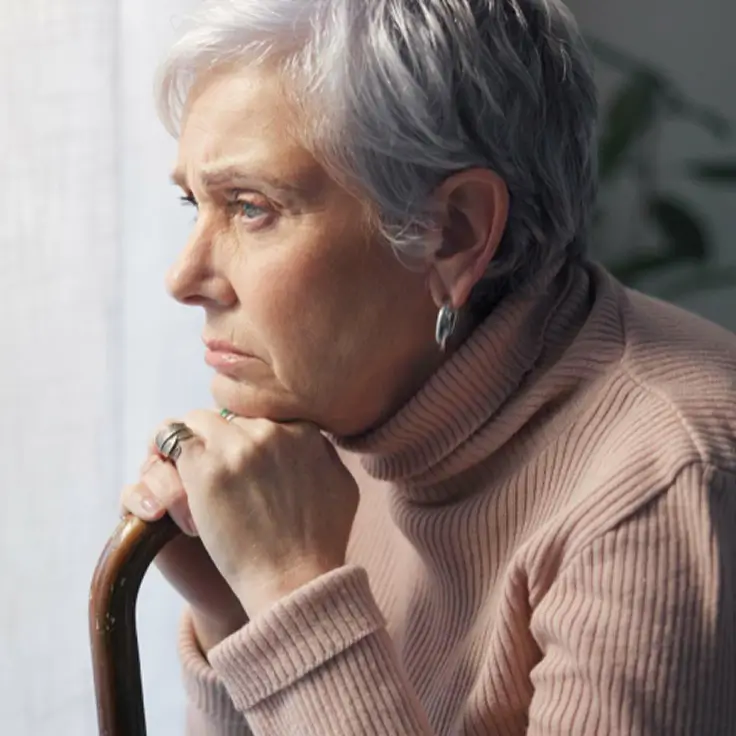
Your parent spends their days alone.

You’re constantly concerned about their wellbeing.
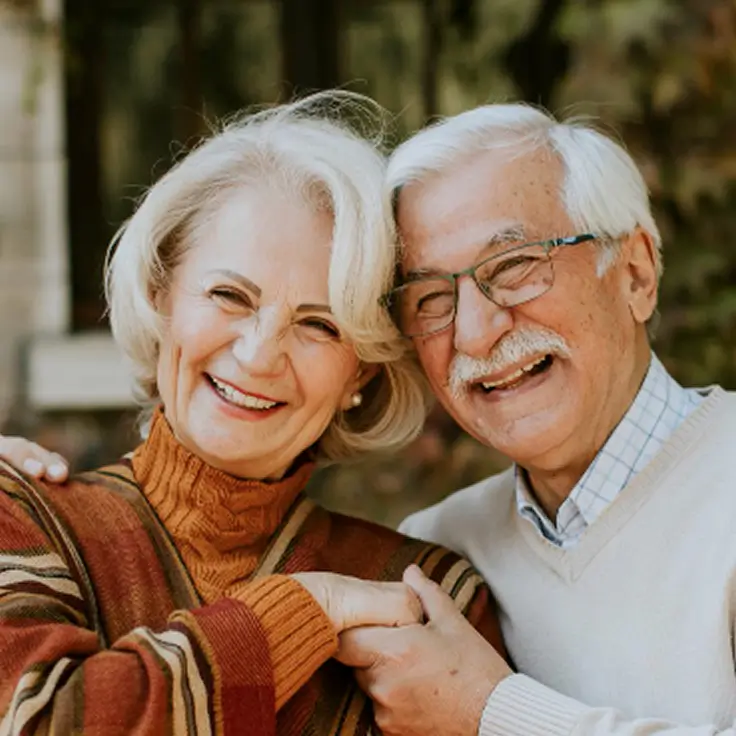
We bring joy & companionship that makes all the difference.
Many seniors face long days alone, with little social interaction, leading not just to boredom, but to serious emotional and cognitive decline. Isolation can increase the risk of depression, anxiety, memory loss, and even physical health issues.
ConsidraCare provides warm, reliable companionship and everyday support that helps seniors live more comfortably with the dignity and care they deserve.
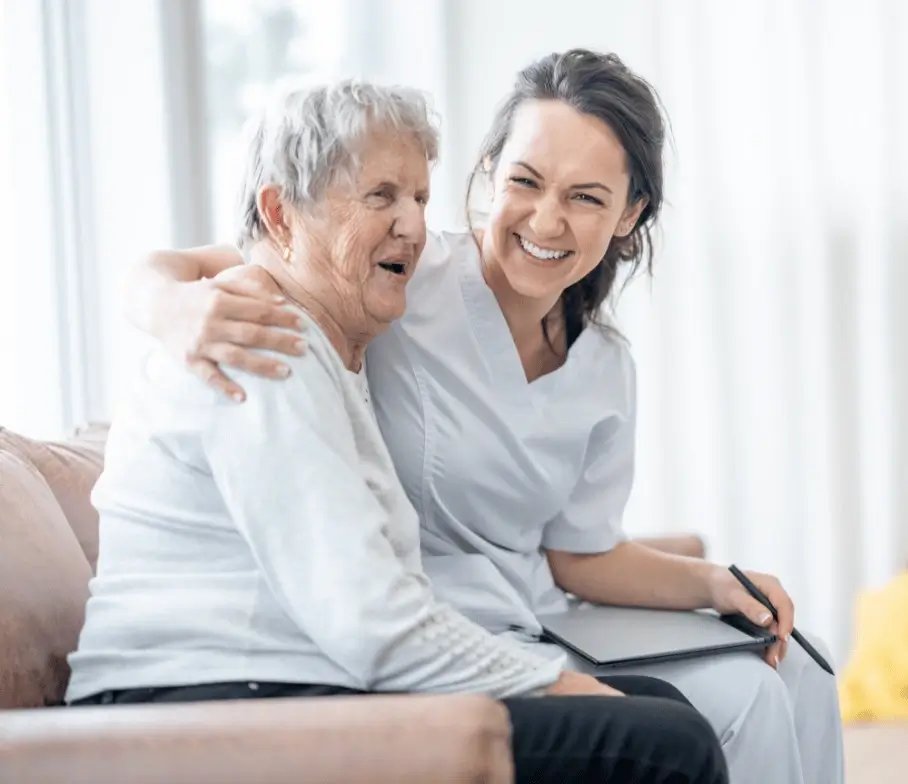

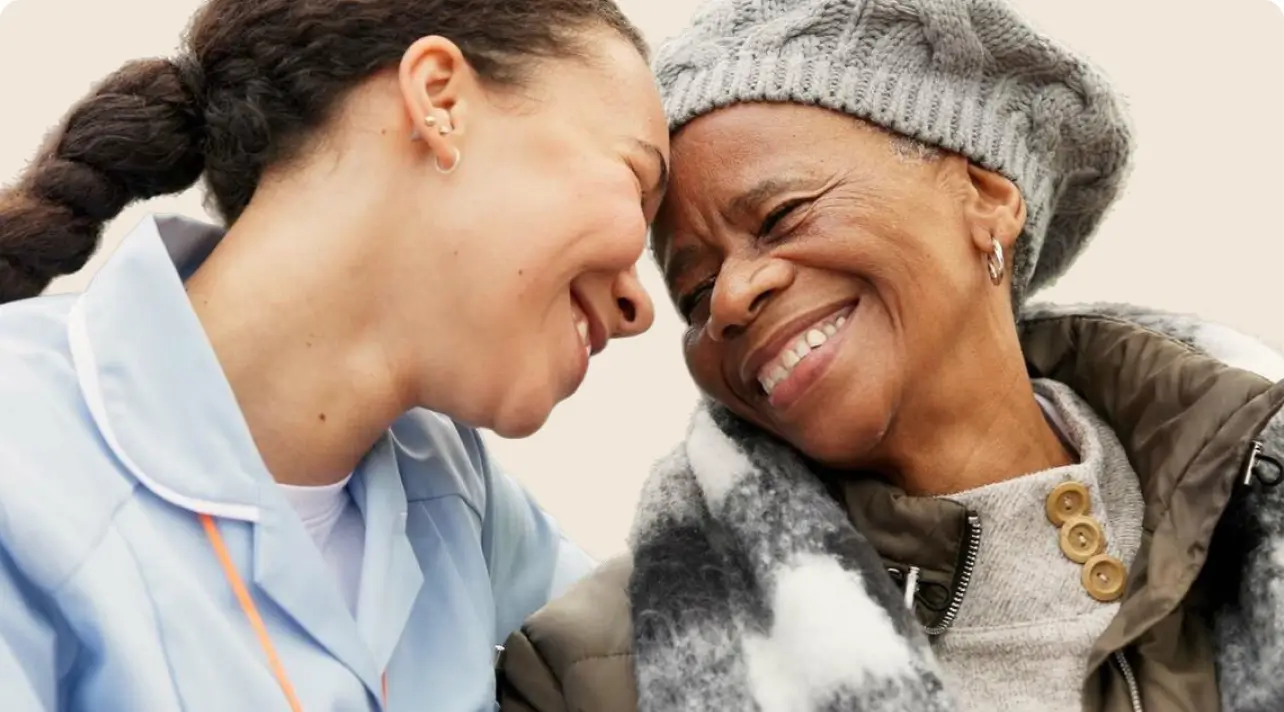



Seniors with non-chronic medical conditions requiring help only for a few hours or days in a week.
Seniors with chronic and serious health issues in need for personal medical care in their homes.
Seniors with life-impacting chronic conditions requiring constant monitoring and assistance in daily tasks.
Or call us on 1-855-410-7971 to get an instant quote
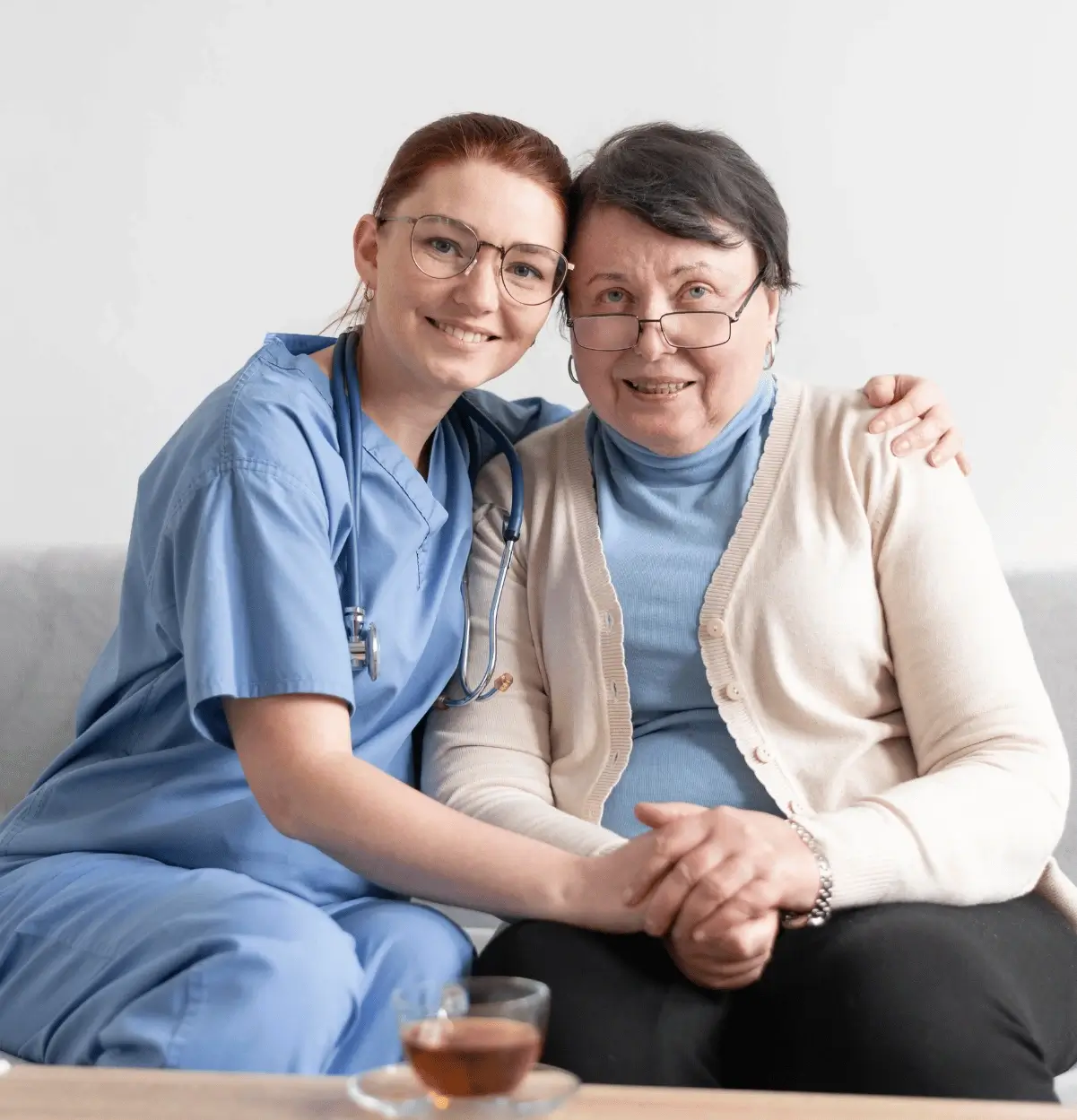

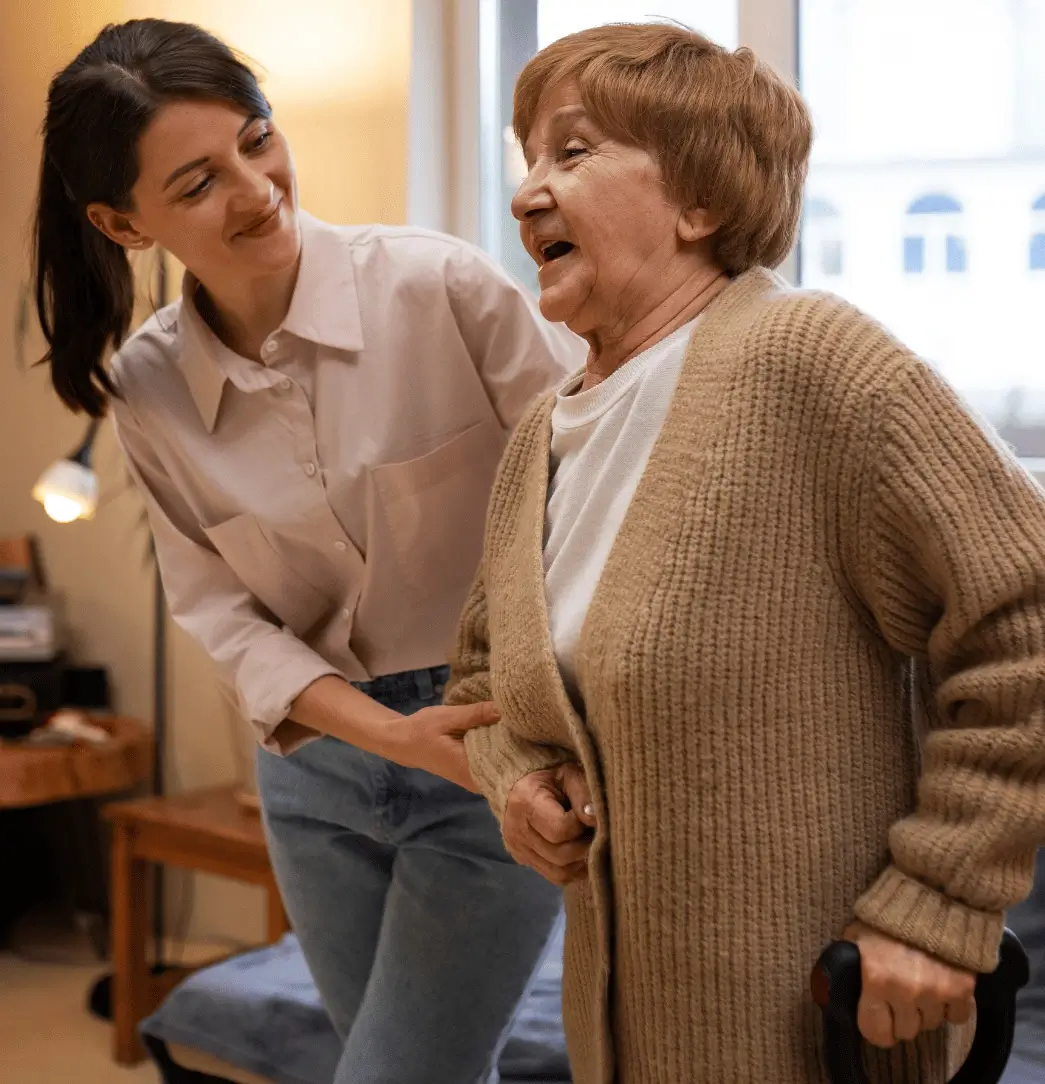

Many older adults don’t need intensive medical care, but they do need support to stay engaged, safe, and independent. Without help, everyday tasks can become overwhelming or isolating. ConsidraCare’s companion care fills the gap with kindness, consistency, and real connection.
ConsidraCare’s expertise and compassion are evident in every interaction.
ConsidraCare is a reliable partner in health care, delivering unwavering quality of care.
Our team will help create a custom care plan for your loved one — no pressure, no obligation.
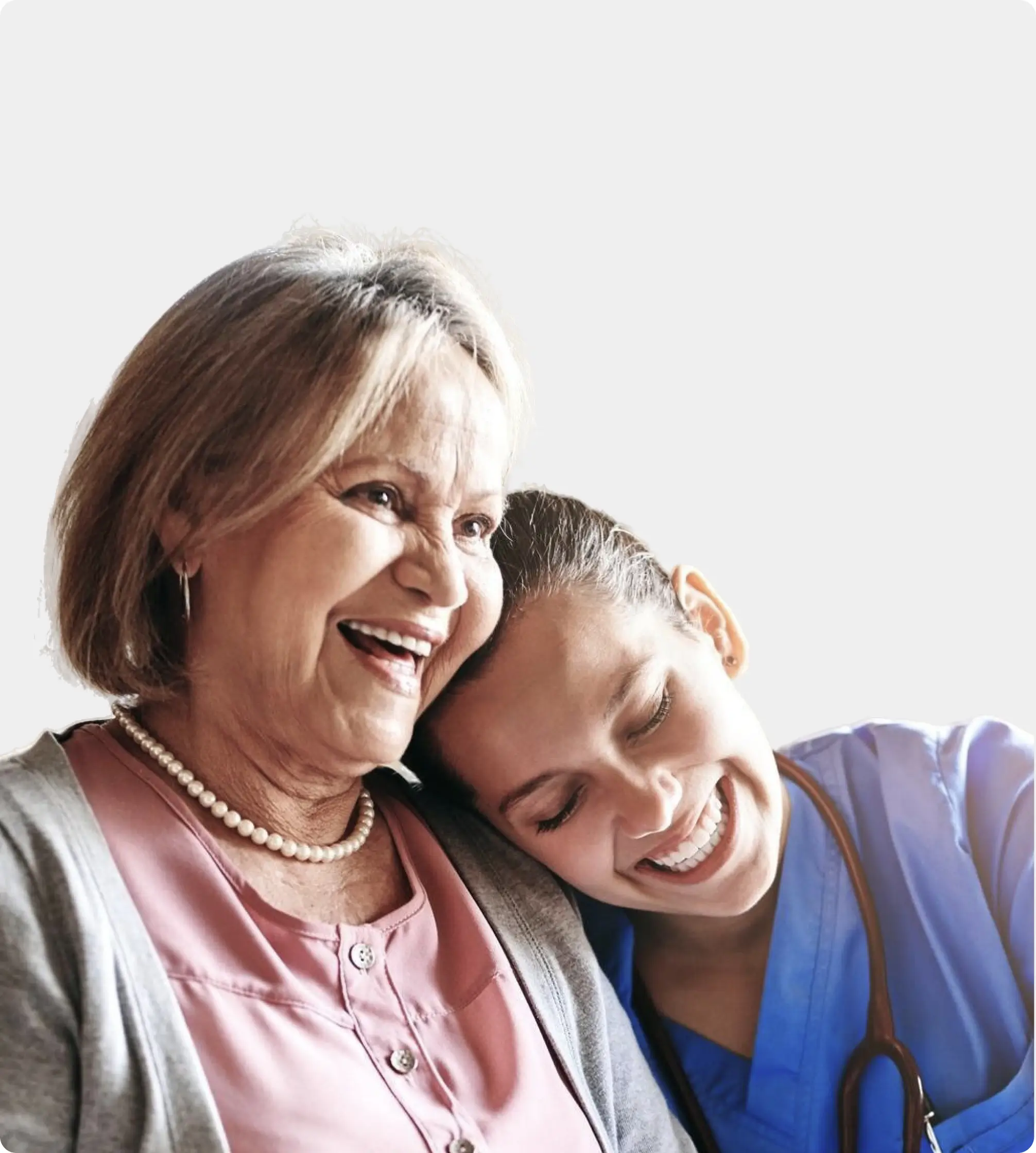
A companion for the elderly is someone who provides emotional support, social interaction, and basic assistance with daily activities. Their goal is to reduce loneliness and help seniors maintain a good quality of life, often by engaging in conversation, playing games, accompanying them on outings, or helping with light household tasks.
Companion care focuses on non-medical support like conversation, supervision, transportation, and help with housekeeping.
Personal care includes all of that, plus assistance with activities of daily living (ADLs) such as bathing, dressing, grooming, and toileting. Personal care often requires more training due to the hands-on nature of the tasks.
A companion primarily offers social and emotional support with minimal physical assistance.
A caregiver, on the other hand, provides a broader range of services that may include personal care, medication reminders, mobility assistance, and sometimes light medical tasks under supervision.
A companion’s responsibilities typically include:
Providing conversation and companionship
Assisting with errands and transportation
Helping with light housekeeping and meal preparation
Offering supervision and ensuring a safe environment
Encouraging engagement in hobbies and social activities
They do not usually provide medical or personal hygiene care.
Yes, care can be combined with medical services. This often involves a coordinated approach where non-medical caregivers or companions work alongside licensed healthcare professionals such as nurses, physical therapists, or home health aides. While companions or personal care aides provide support with daily living and companionship, medical professionals handle tasks like medication administration, wound care, vital sign monitoring, or therapy. This integrated model ensures seniors receive both emotional support and appropriate medical attention at home.
